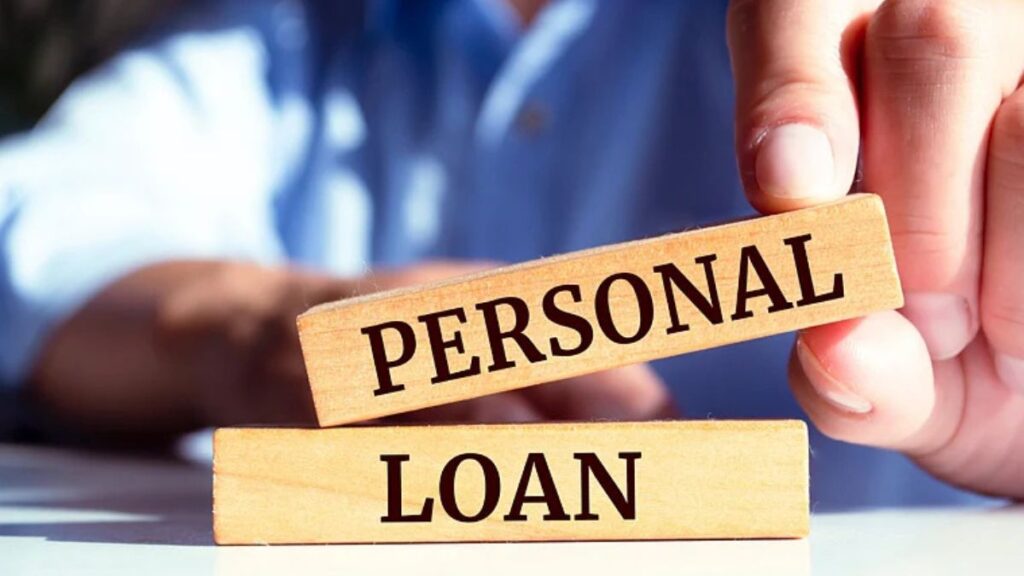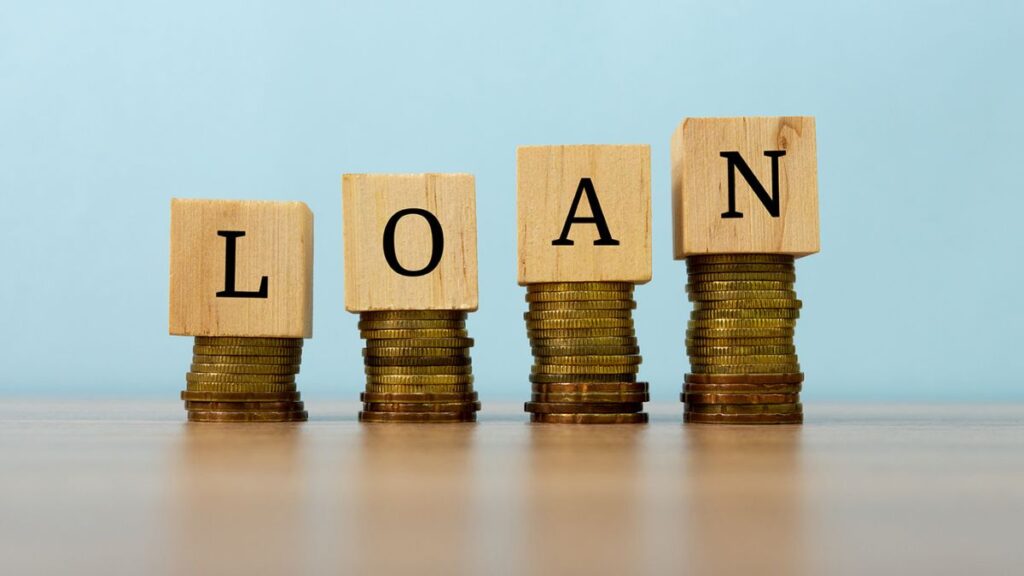In 2025, the financial market is more diverse than ever, offering beginners a wide range of loan products to suit different needs. Whether you want to buy your first car, pay for higher education, renovate your home, or manage an unexpected expense, there’s a loan tailored for you.
However, choosing the right loan as a beginner can be overwhelming. Factors such as interest rates, repayment flexibility, eligibility criteria, and your credit score all play an important role. Let’s break down the best loan options for beginners in 2025 to help you make a confident decision.
Key Takeaways
- Choose a loan that matches your purpose and repayment ability.
- Secured loans (home, gold, FD loans) have lower interest than unsecured loans.
- Always check processing fees, prepayment penalties, and other hidden charges.
- Shorter tenure means less total interest but higher EMIs.
- Timely repayment boosts your credit score for future borrowing.
Personal Loans

- Best for: Emergencies, weddings, travel, or general expenses.
- Why it’s good for beginners: No collateral needed, quick approval, flexible use.
- Interest Rate (2025 average): 10–16% (varies by bank/NBFC).
- Tenure: 1–5 years.
Personal loans remain the top choice for first-time borrowers because of their simplicity and flexibility. However, they usually have higher interest rates compared to secured loans.
Home Loans
- Best for: Buying your first house or apartment.
- Why it’s good for beginners: Lower interest rates, long repayment period, tax benefits.
- Interest Rate: 7–9% (2025 average).
- Tenure: Up to 30 years.
If you’re planning a long-term investment in property, a home loan is ideal. First-time homebuyer schemes in 2025 also provide reduced down payments and subsidies.
Education Loans
- Best for: College, university, or skill development courses.
- Why it’s good for beginners: Covers tuition, living expenses, and has flexible repayment (starts after course completion).
- Interest Rate: 8–12% (can be lower under government schemes).
- Tenure: 5–15 years.
Education loans help young borrowers invest in their future careers without immediate repayment pressure.
Two-Wheeler Loans

- Best for: Buying your first bike or scooter.
- Why it’s good for beginners: Low down payment, affordable EMIs.
- Interest Rate: 7–12%.
- Tenure: 1–5 years.
Ideal for students, first-jobbers, and daily commuters, two-wheeler loans are easy to apply for and require minimal paperwork.
Car Loans
- Best for: Purchasing your first car.
- Why it’s good for beginners: Fixed interest rates, flexible repayment, minimal collateral beyond the car itself.
- Interest Rate: 8–12%.
- Tenure: 3–7 years.
With the automobile market booming in 2025, car loans offer better deals and even electric vehicle financing incentives.
Credit Card Loans / EMI Conversions
- Best for: Small purchases or short-term financing.
- Why it’s good for beginners: Quick access, no fresh documentation if you have a credit card.
- Interest Rate: 12–18% (lower for EMI conversions).
- Tenure: 3–24 months.
Perfect for controlled, small-scale borrowing, though it requires discipline to avoid high-interest debt.
Gold Loans
- Best for: Quick cash using gold as collateral.
- Why it’s good for beginners: Easy approval, low documentation, flexible repayment.
- Interest Rate: 7–11%.
- Tenure: 6–36 months.
A great short-term financing option for those who own gold jewelry or coins.
Loan Against Fixed Deposit (FD)
- Best for: Low-risk borrowing without breaking your FD.
- Why it’s good for beginners: Very low interest rate (just 1–2% above FD rate).
- Interest Rate: Around 6–8% in 2025.
- Tenure: Linked to FD maturity date.
You don’t lose interest on your FD, and you still get access to funds when needed.
Microfinance Loans
- Best for: Small entrepreneurs or self-employed beginners.
- Why it’s good for beginners: No major collateral, community-based lending.
- Interest Rate: 12–18%.
- Tenure: 1–3 years.
Popular in rural and semi-urban areas for starting small businesses.
Buy Now, Pay Later (BNPL)
- Best for: Online purchases and retail shopping.
- Why it’s good for beginners: Zero-cost EMIs in some cases, instant approval.
- Interest Rate: 0–15% (varies by offer).
- Tenure: 15 days – 12 months.
Ideal for beginners who are careful about timely repayments, as late fees can be high.
Factors to Consider Before Taking Your First Loan
- Credit Score: Higher scores mean better interest rates.
- Purpose: Match the loan type to your need.
- Repayment Capacity: Ensure EMI fits within your monthly budget.
- Tenure: Shorter tenure = higher EMI but less total interest.
- Hidden Charges: Check for processing fees, prepayment penalties, etc.
Also this: Personal Loans vs Home Loans: Which is Right for You
Conclusion
In 2025, beginners have more loan choices than ever before. From flexible personal loans to purpose-specific home and education loans, there’s a solution for every financial need. The best loan is one that aligns with your goals, fits your repayment ability, and offers the lowest possible cost over time.
Remember — loans are tools, not solutions to poor money management. Use them wisely, repay on time, and they can help you build a strong credit history for future opportunities.
FAQ
Q1: Which loan is best for absolute beginners?
A: Personal loans or two-wheeler loans are easiest to start with due to minimal documentation.
Q2: What’s the safest loan option for low risk?
A: Loan against FD or gold loans, as they have low interest rates and no major credit score impact.
Q3: Can I take multiple loans at once?
A: Yes, but it’s risky. Lenders assess your debt-to-income ratio before approval.
Q4: Is BNPL safe for first-time borrowers?
A: Yes, if repaid on time. Delays can attract heavy penalties.
Q5: What is the easiest loan to get approved in 2025?
A: Gold loans and credit card EMI loans are usually the fastest.
Q6: Do I need a job for a personal loan?
A: Yes, for salaried borrowers, proof of income is required. Self-employed applicants need business proof.
Q7: Can students apply for loans?
A: Yes, education loans or two-wheeler loans often have student-friendly schemes.
Q8: Which loan has the lowest interest rate?
A: Home loans and loans against FD usually have the lowest rates.
Q9: How does tenure affect EMI?
A: Longer tenure = smaller EMI but higher total interest.
Q10: What happens if I miss an EMI?
A: Late fees, penalty interest, and credit score damage.



